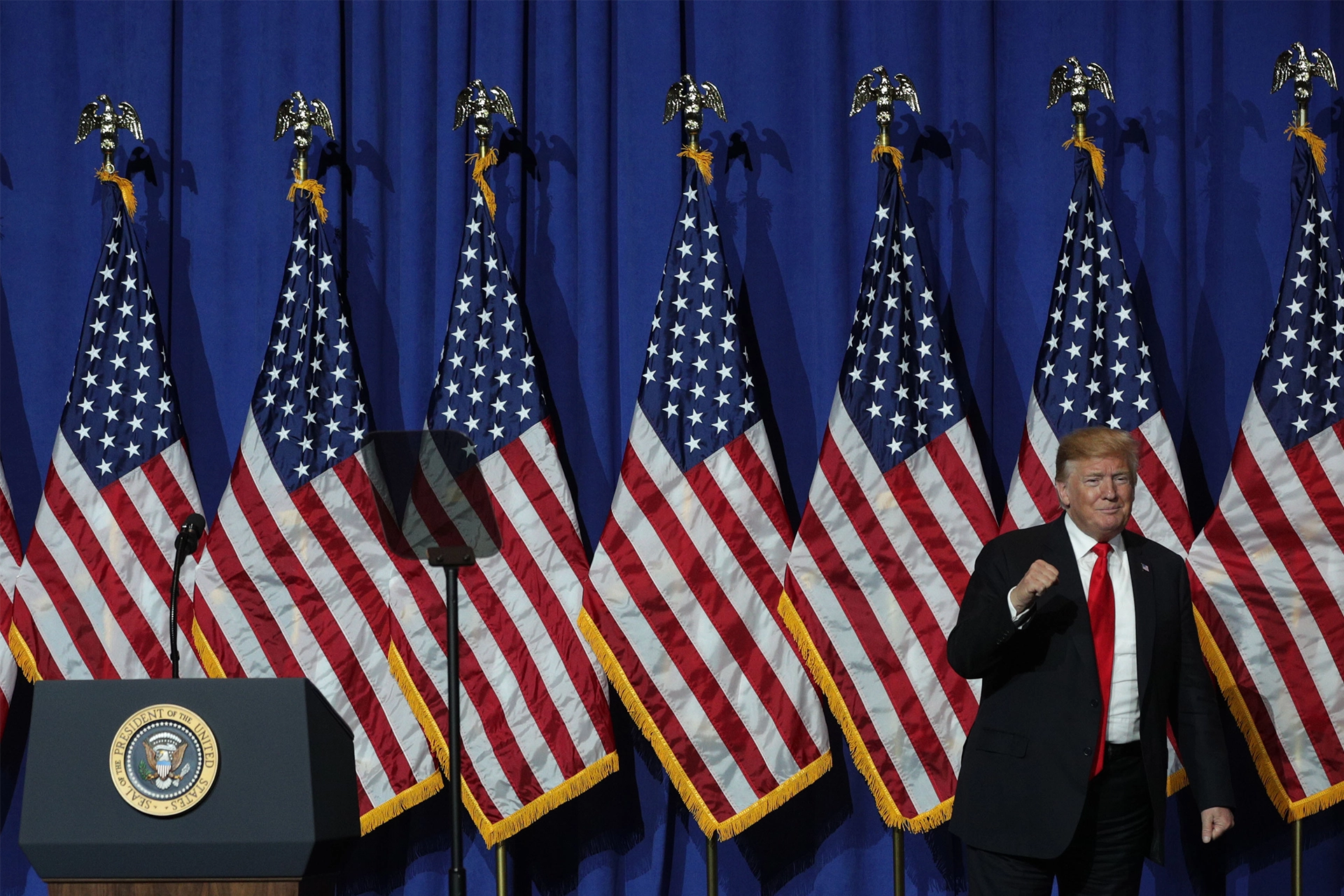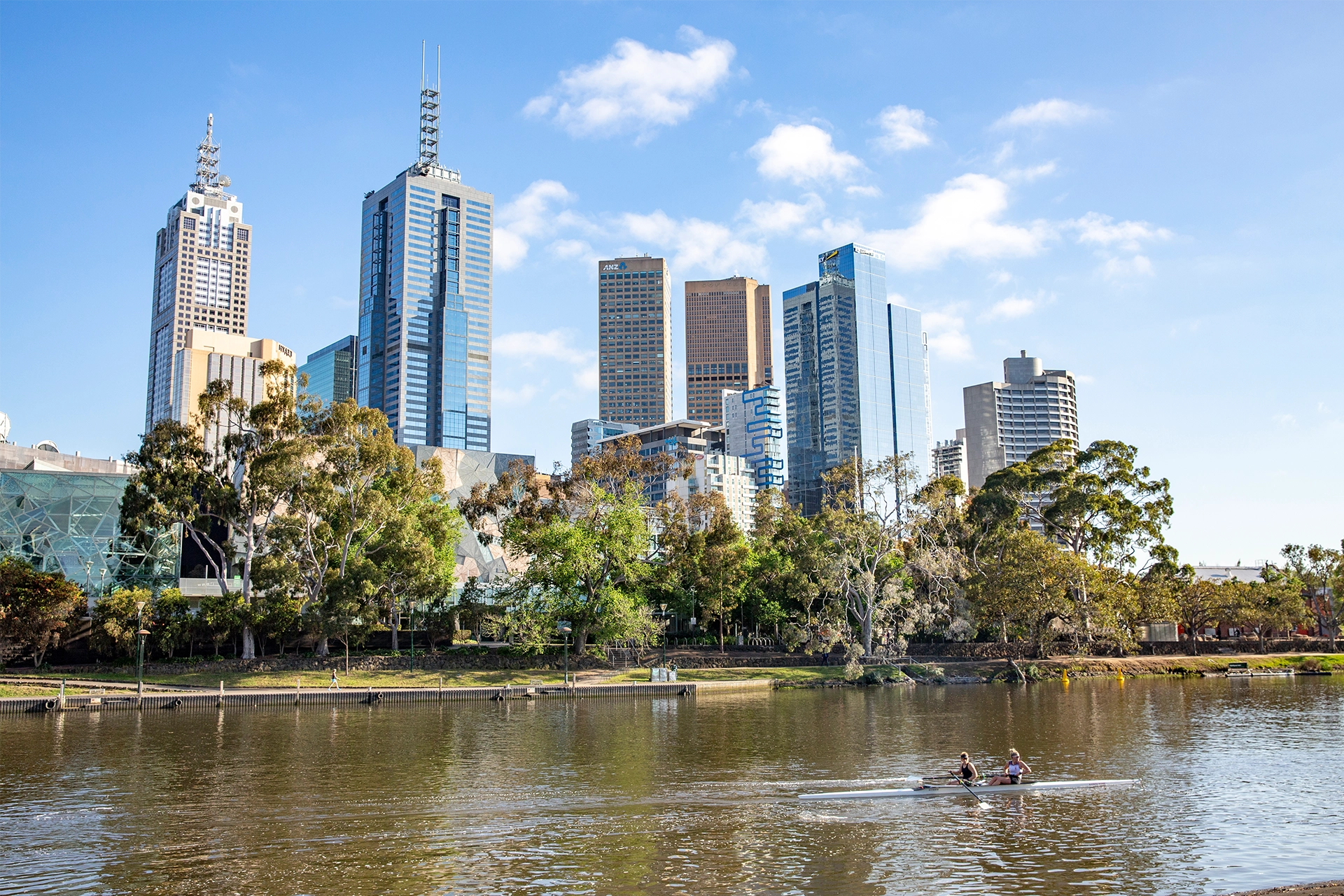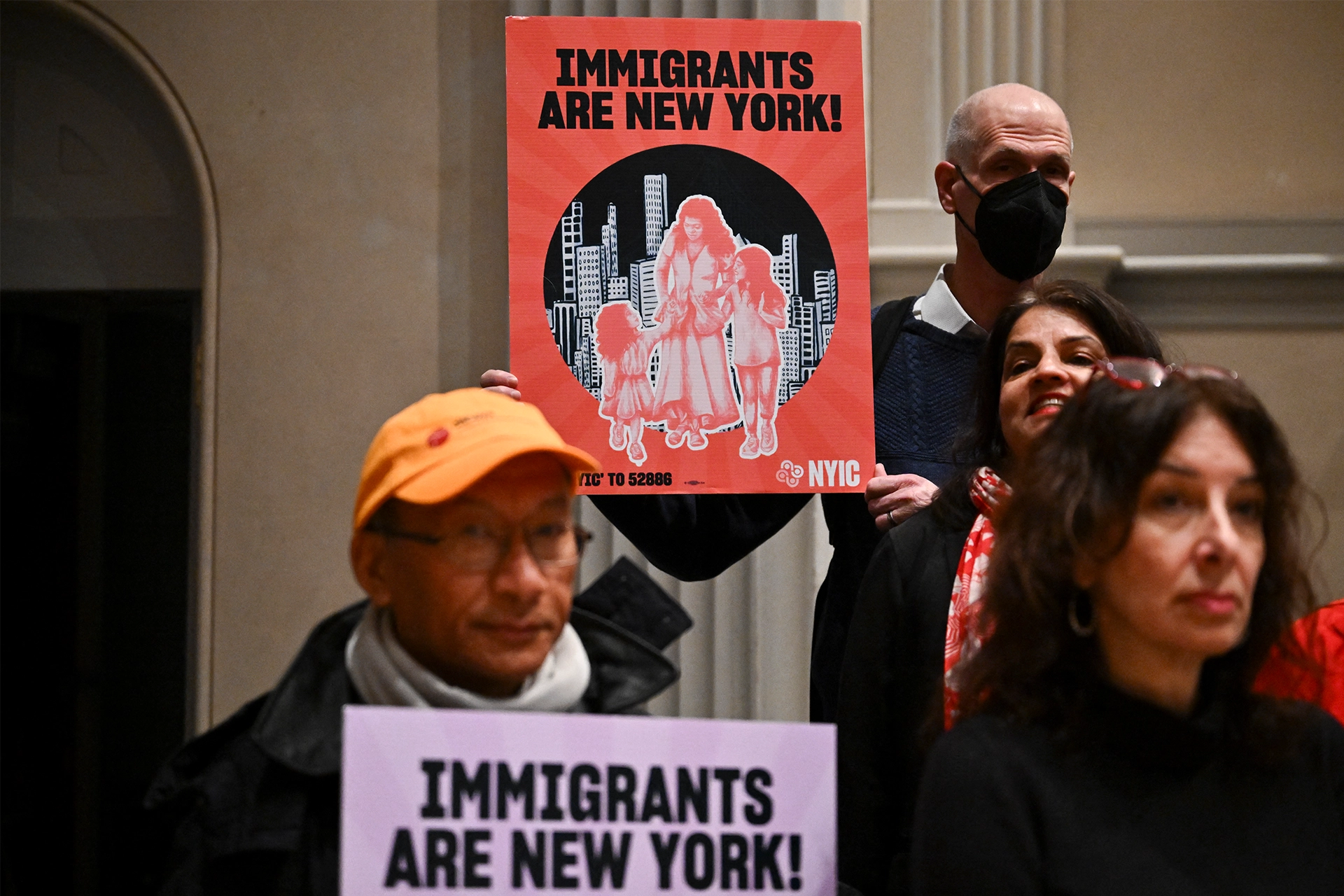
Will a second Trump presidency help or hinder relationships between local leaders?

With the US withdrawing from international commitments on climate, trade and migration, some city leaders will continue collaboration with their global counterparts. But for how long?
Published 13 February 2025
As Donald Trump commences his second term as president, countries around the world, including Australia, are considering the impact his leadership will have on their relations with the US.
Under the first Trump presidency, city diplomacy (where local governments engage and collaborate internationally) increased in interest as local leaders in the US sought to continue foreign engagements on issues that, at times, clashed with national priorities.

Where the Trump administration famously withdrew from the Paris Agreement on climate change (a process he has already commenced again) or from negotiations for the Global Compact on Migration, US cities worked collectively with international peers through city networks to reinforce their commitment to global agreements.
City diplomacy has a long history.
And while cities in democracies across the globe have enjoyed relative autonomy over their international engagements, a new global survey from the Melbourne Centre for Cities and Carnegie Endowment for International Peace shows that national governments may be increasing their interest in the foreign relations of their cities.
The latest Cities and International Engagement Survey, conducted biennially since 2018, found that almost 85 per cent of cities contacted their national government about their international work at least once every three months.

Climate change was the global issue that cities most commonly coordinated with their national government on, followed by economic development and migration.
These areas of cooperation match the international issues that cities rated as their top priorities: climate change, economic development, and trade and migration.
With the withdrawal from international climate agreements, immigration crackdowns and trade tariffs, a Trump presidency threatens to have significant impacts across all three of these areas, both domestically and globally.
Research shows that migration in particular has increased as a priority for city diplomacy, with a third of cities in our latest survey rating it as one of the most important areas for their international work, compared with only 6 per cent in 2020.

So-called ‘sanctuary cities’ – where a city has policies in place to limit cooperation with federal immigration agencies – have long been a target of Trump and are a key focus of the immigration crackdown he announced on his first day as the 47th US President.
These findings come off the back of the first US State Department Symposium on Strategic Diplomacy held recently in Washington DC, which brought together representatives from national, state and local governments across nine countries with the goal of building relationships and capacity across allied nations to enhance subnational relations.
The event was funded by the US Department of State’s Subnational Diplomacy Unit, an office designed specifically to harness the value of city and state diplomacy toward US foreign policy interests.
The event revealed, among other insights, the varied extents to which a range of democratic countries have institutionalised their approaches to city and state diplomacy.

Australia, for example, is an outlier amongst democratic nations in having a scheme where subnational governments need to report all their foreign arrangements to the national government.
The symposium also revealed a common desire to strengthen multilevel partnerships between participating countries.
Part of the reason for greater national-local coordination on foreign policy may well be the increased professionalisation of city diplomacy – as local leaders have bolstered their governments’ capacity to engage with peers and in multilateral systems across a range of issues.
Of the cities we surveyed, 57 per cent said relevant staff had been trained in international engagement, a big increase from only 19 per cent in the first iteration of our research in 2018.
The international offices of cities are now more likely to hire those with foreign policy experience, bringing with them networks and connections in foreign ministries and international organisations.
One thing we know for certain is that cities see a range of tangible benefits from their international work.
Sixty per cent said that they’d been able to adapt policies from other cities as a result of their engagement, and more than half saw benefits in benchmarking their performance against peers and collective advocacy.
Just under half were able to attract international finance through their city diplomacy efforts.
Despite these obvious advantages, justifying expenditure on international work remains an ongoing challenge – one that’s exacerbated by a lack of impact measurement.

Politics & Society
New foreign relations bill puts ‘city diplomacy’ at risk
Thirty per cent of cities said they do not actively measure the impact of their international engagements, while almost 60 per cent believe that city residents were often unaware of their international work and its benefits.
While evidence suggests a move toward closer national-local coordination on foreign policy, a new Trump presidency and the potential for this to drive a global trend toward nationalism and protectionism may see the reverse.
It is often said that cities are at the forefront of global challenges such as climate change impacts, mass migration and uncertain economic conditions.
So as international cooperation fractures, the role cities play in influencing foreign policy and responding to critical global challenges like these has never been more important.
